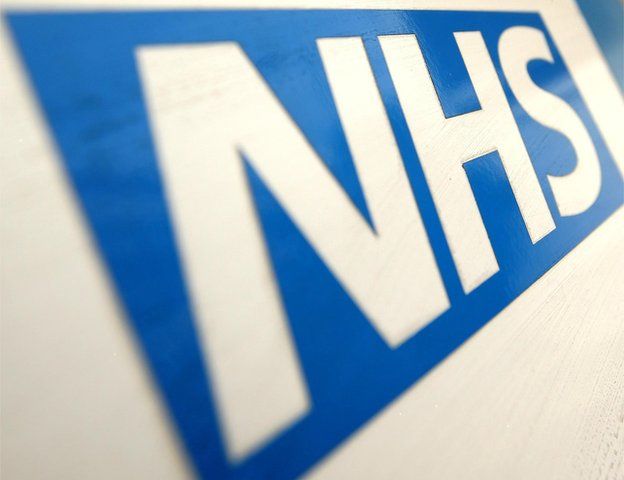What price to save the NHS?
- Published
- comments

George Osborne and Ed Balls may have gagged on whatever they have for breakfast, when reading what the boss of NHS England thinks is required to eliminate a £30bn NHS deficit - which on current funding and efficiency trends would be created by the end of the next parliament.
Because even if the NHS were to make more or less unprecedented efficiency gains of up to 3% a year in coming years, elimination of the black hole would require funding per person to be maintained, after adjusting for inflation.
And because the population is rising, that would mean a 1.5% real or above-inflation increase in NHS England's £100bn-odd spending per year.
Since neither Labour nor Tories are likely to risk fighting a general election on a platform of putting the health service in jeopardy, it is probably reasonable to assume that Simon Stevens, chief executive of NHS England, has just written an important part of their respective election manifestos.
But where on earth are they going to find all that money? That is presumably what Osborne and Balls are asking themselves.
Apart from anything else, the current economic climate has turned inclement once more. The public sector deficit - the unsustainable gap between spending and tax revenues - is rising again, and the mess in the eurozone and slowdown in China are expected to put the brakes on the UK's economic and fiscal recovery.
All of which makes both big parties' professed ambitions to fix the nation's finances more challenging - even without Simon Stevens doing his seasonal Oliver Twist impersonation.
If Labour wins the election, and sticks to its goal of eliminating the deficit on current spending (that is spending excluding investment), it would need to make spending cuts and/or tax rises of up to £10bn or so.
For the Tories, who want a balanced current and capital budget by 2018, the challenge is to find almost £40bn in savings - and a further £7bn odd to pay for promised income tax cuts.
In these circumstances, simply maintaining the NHS's budget was always going to put huge strain on other public services.
But after years of relentless budget squeezes, pretty much all of Whitehall will be scratching its head wondering what else they can sacrifice on the altar of protecting a top quality universal health service, free at the point of use.
Simon Stevens and his colleagues say that nothing in their analysis suggests that "continuing with a comprehensive tax-funded NHS is intrinsically un-doable".
However that is not the same thing as saying that it is rational to protect a so-called "free" health service at the cost of diminishing every other part of the state or of tax increases in an era of low economic growth.